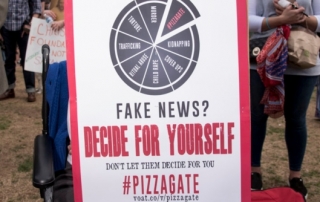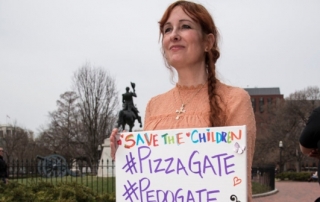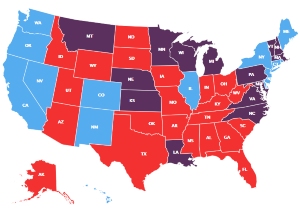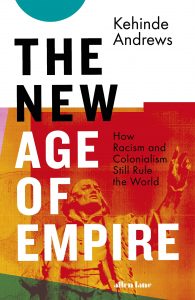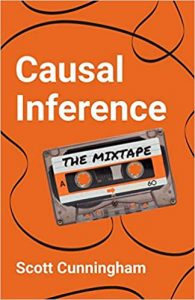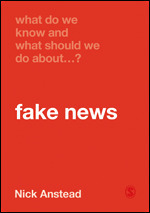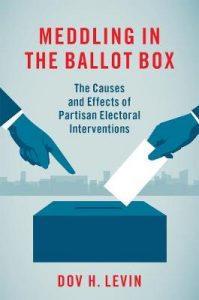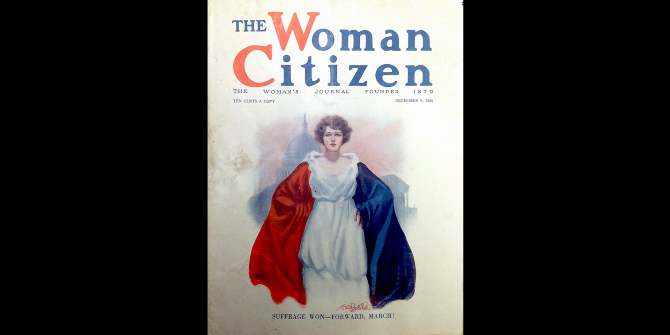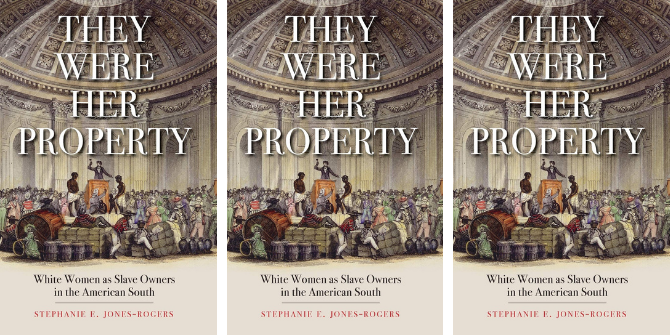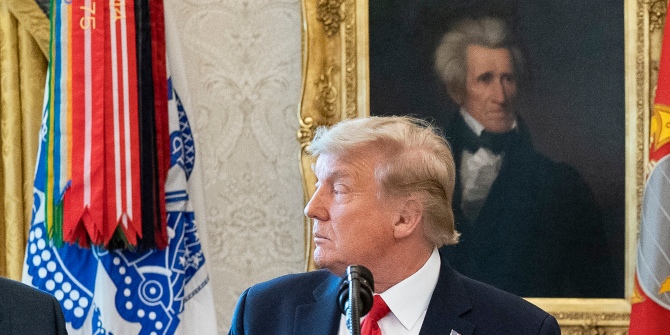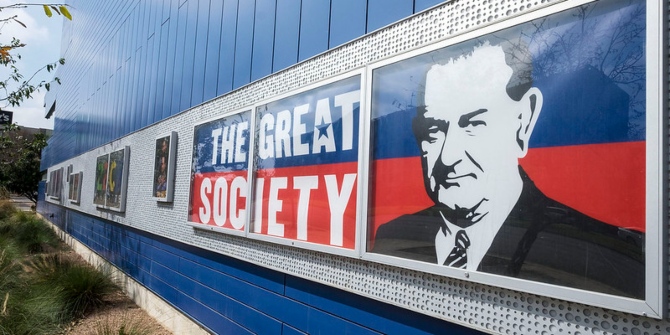A new tool can help us determine which conspiracy theories are false and which might be true.
Many or even most conspiracy theories are demonstrably false. But some, like Watergate, are true. How can we determine which are which? Drawing on his own experiences with conspiracy theorists, Stephan Lewandowsky writes that conspiratorial thinking is not necessarily truth-seeking behavior, but can often be a near-self destructive form of skepticism. We can use this skepticism, along with conspiracists’ tendency towards pattern-seeking and […]



